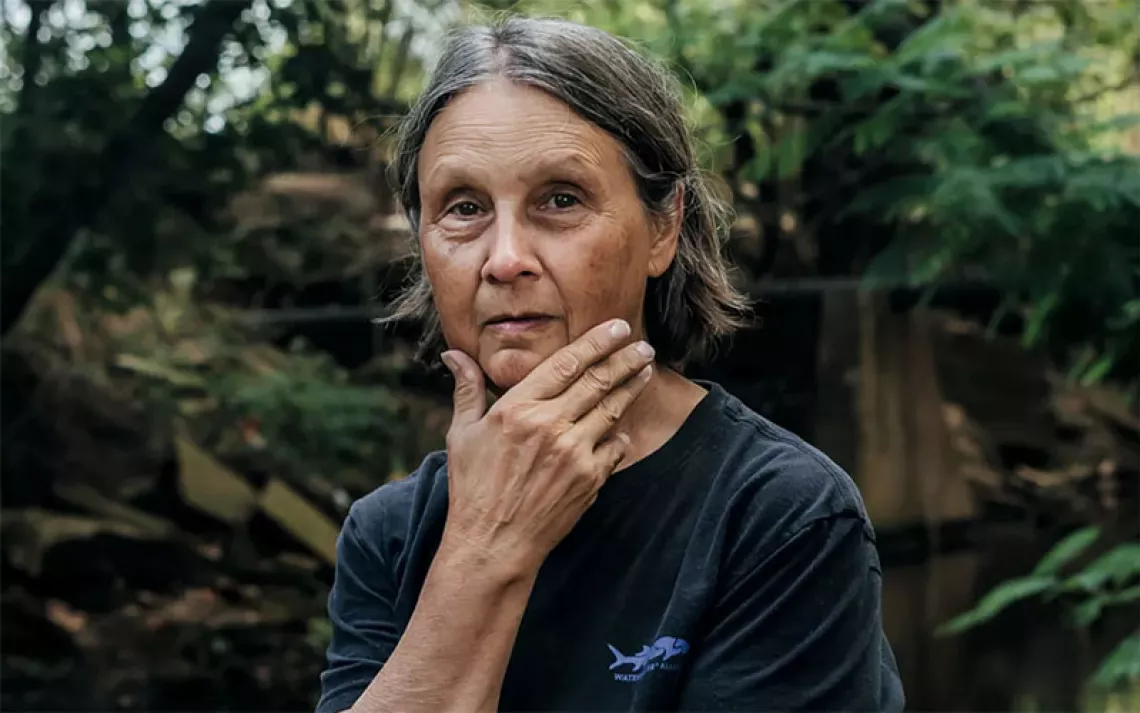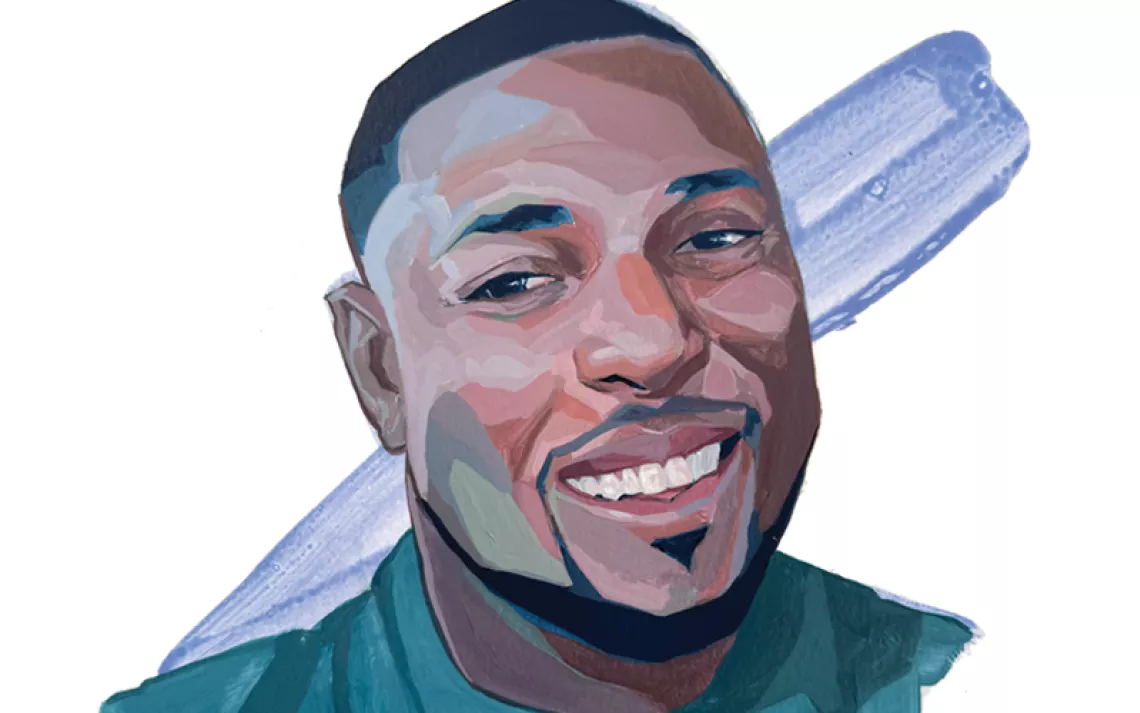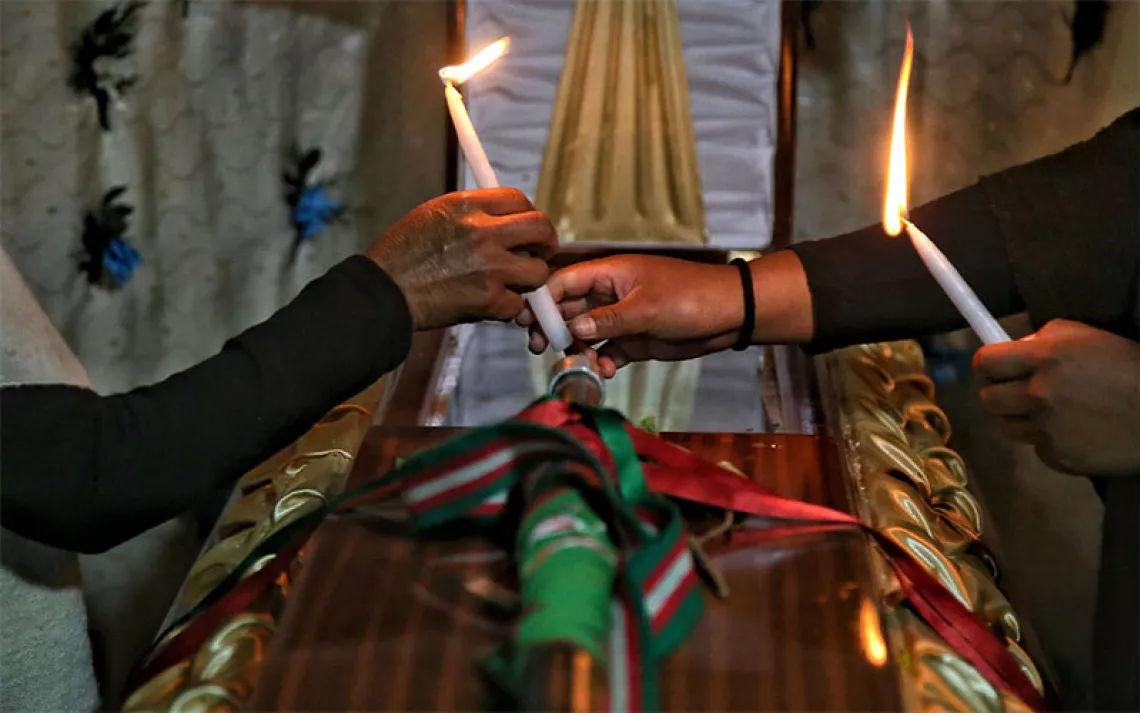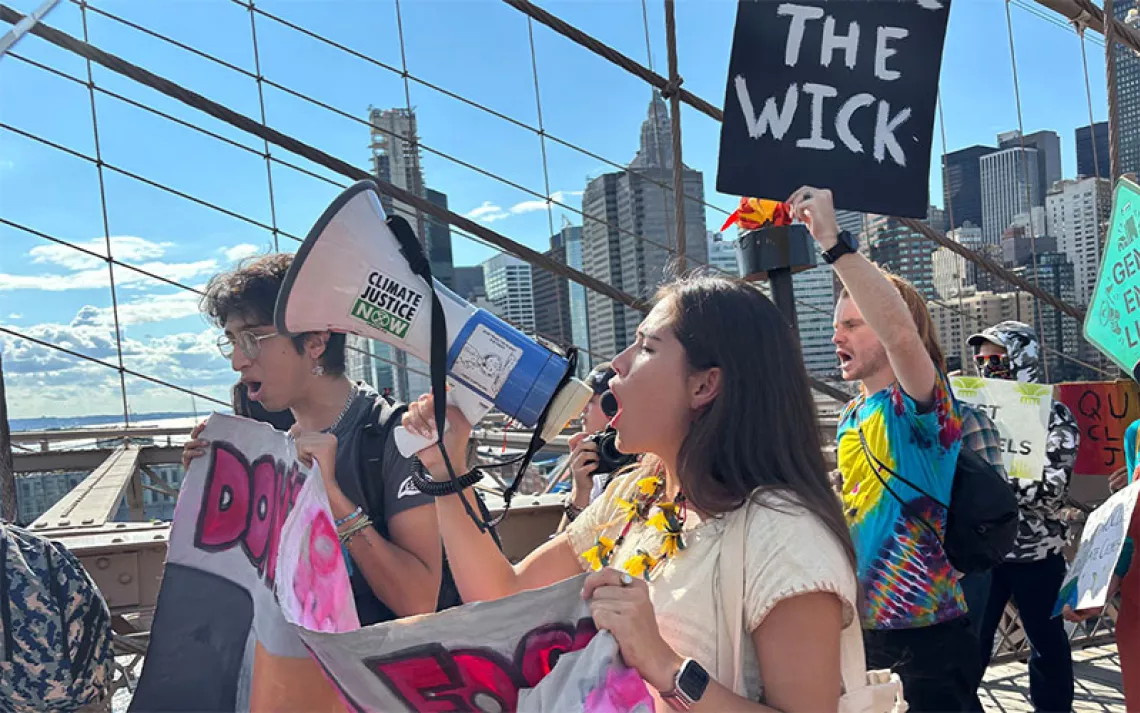It's Time to Electrify Transportation and Make It Equitable
Will Anderson is working to make a cleaner transit future possible for kids
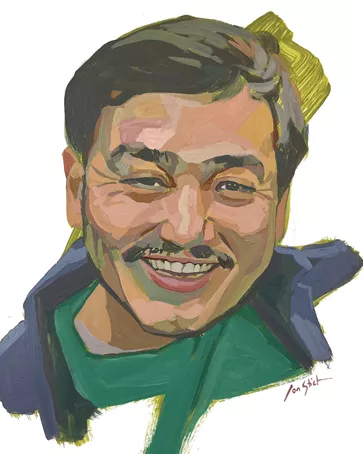
Illustration By Jon Stich
I had worked for the House of Representatives for years but hadn't seriously considered lobbying before I joined the Federal Policy Team at the Sierra Club. I took on the role because I've always been passionate about our transportation systems.
I grew up in Atlanta, in the shadow of the world's busiest airport. My dad, who was a veteran and an aircraft mechanic for Delta Air Lines, sparked in me an early interest in aviation and transportation. We didn't have as much public transit as we would have liked, nor as much as we needed and deserved. In high school, I had to take a two-hour bus ride from the south side of Atlanta to the north side. In addition, my mother has respiratory issues that are likely related to living in between a triangle of major interstates. Coming out of college, I wanted to address transportation inequities, and I decided that working in public policy and politics was the best way to make a difference.
In the past year, I lobbied—along with a coalition of environmental groups including the Natural Resources Defense Council—to get billions in funding to electrify school buses. We sent emails and reached out directly to members of Congress who have championed clean transportation, asking them to support the measure. We were able to get hundreds of them to sign letters and put out statements on Twitter or through their press offices, highlighting the need for support.
During election years, I volunteer with the Sierra Club's Victory Corps program, which gives staff the opportunity to campaign for candidates the organization has endorsed. The first two times, I campaigned for Representative Lucy McBath—in 2018 doing traditional door-to-door canvassing, and then in 2020 doing things like remote phone-banking, since it was during the pandemic. Last fall, I returned to Georgia to help with Senator Raphael Warnock's campaign, mainly focusing on connecting with Asian Americans and Pacific Islanders as well as rural constituencies.
Besides organizing canvassers, I had the unique experience of driving promotional vehicles in Georgia. I would take the campaign truck and livestock trailer decked out with signs like "Farmers for Warnock" to rural areas. We would drive to Main Streets to reach out to voters. A large portion of my AAPI outreach was up and down Atlanta's Buford Highway, which is a culturally diverse stretch of road where it feels like everyone in the world is represented. You have restaurants and shops and communities of nearly every ethnic origin.
I've been living in DC for almost 15 years, but Atlanta is still my home. Georgia is such a crucial state in terms of maintaining progressive control in Congress as well as in the White House. Senator Warnock's campaign was a great example of that, and it highlighted the importance of voter engagement. While I spoke to thousands of my fellow Georgians to get out the vote, my fondest memory was helping an elderly voter without access to reliable transportation get to the polls the morning of the December runoff. It really underscored the importance of transportation in bringing people together to make a difference.
 The Magazine of The Sierra Club
The Magazine of The Sierra Club
